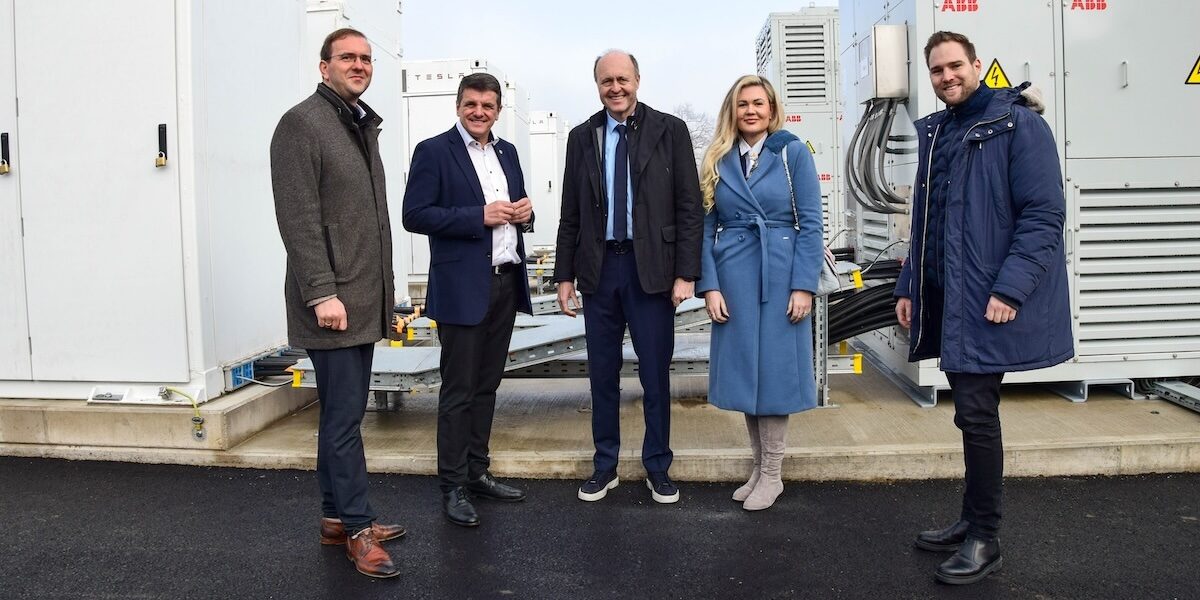Miasolé today announced it has reached 17.44% efficiency with a flexible module using copper indium gallium selenide (CIGS) technology. The achievement was independently confirmed by Fraunhofer ISE, and will be added to the collection of PV records in the journal Progress in Photovoltaics.
The record was achieved on a module with aperture area measuring 1.08m², produced on Miasolé’s production line in Santa Clara, California. The CIGS cell material was deposited onto a flexible substrate via a physical vapor deposition process the company says produces high-efficiency solar cells at high throughput.
CIGS technology has potential for the production of lightweight, flexible solar modules. Though it has been produced commercially in small quantities for years, industrial interest in the technology has grown of late with several gigawatts of new production capacity ramping up in Asia.
According to Miasolé, the flexible CIGS technology it has developed can be used in building or even vehicle-integrated panels. “We will continue to lead the industry by providing innovative and powerful products that enable new applications for solar power,” said chief technology officer Atiye Bayman.
Fellow Hanergy subsidiary Solibro has held the record for CIGS efficiency in a ‘traditional’ rigid solar module since early 2018 while long established Japanese manufacturer Solar Frontier – which has produced CIGS modules commercially for decades – set the world record for the technology at 22.9%, achieved on a cell measuring 1cm².
Several leading research institutes including imec and Solliance have reported efficiencies well above 20% for tandem cells combining perovskite and CIGS layers. In January, the latter reported 21.5% efficiency for such a tandem cell, the CIGS layer of which was provided by Miasolé.
This content is protected by copyright and may not be reused. If you want to cooperate with us and would like to reuse some of our content, please contact: editors@pv-magazine.com.




By submitting this form you agree to pv magazine using your data for the purposes of publishing your comment.
Your personal data will only be disclosed or otherwise transmitted to third parties for the purposes of spam filtering or if this is necessary for technical maintenance of the website. Any other transfer to third parties will not take place unless this is justified on the basis of applicable data protection regulations or if pv magazine is legally obliged to do so.
You may revoke this consent at any time with effect for the future, in which case your personal data will be deleted immediately. Otherwise, your data will be deleted if pv magazine has processed your request or the purpose of data storage is fulfilled.
Further information on data privacy can be found in our Data Protection Policy.